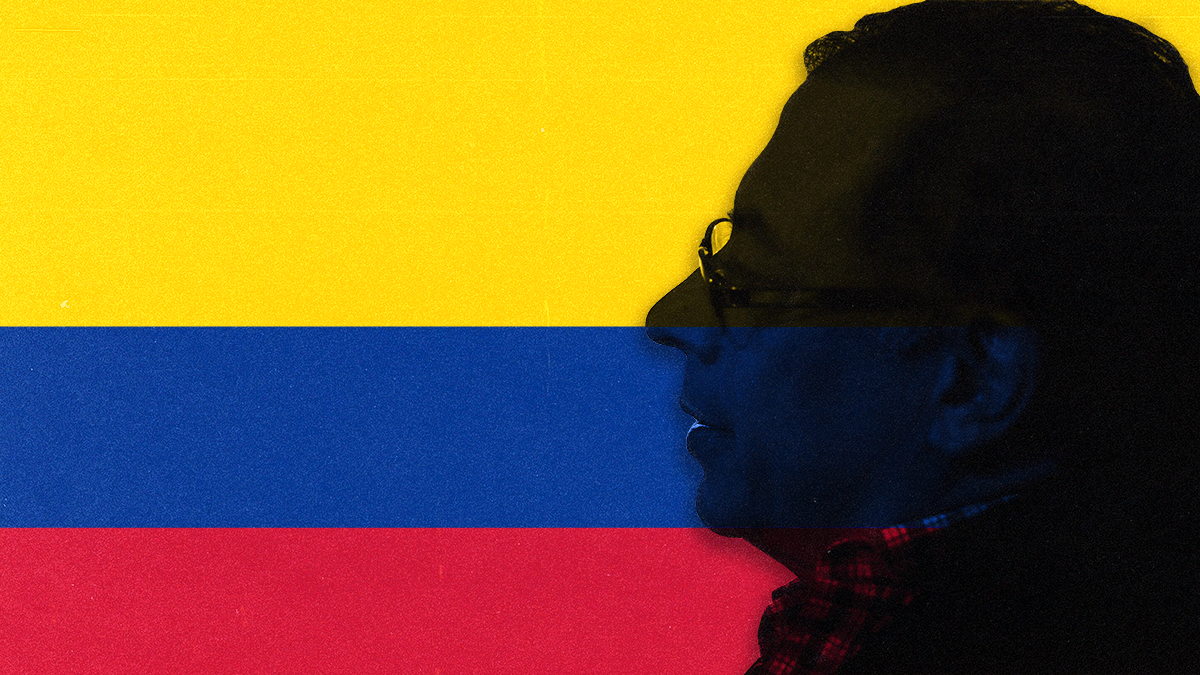Hard Numbers: Colombia's grim record, Ukraine reconstruction planning, Chinese beach tourists, India's strong arm
215: At least 215 community leaders and human rights activists were assassinated in Colombia last year, the highest level ever recorded, according to the government’s human rights ombudsman. Following the historic peace deal with FARC rebels in 2016, activists have been caught in the crossfire of power struggles over land vacated by the rebels. Leftist President Gustavo Petro took office last August pledging to quell the violence.
300 billion: Where should the money come from for Ukraine’s reconstruction? From the people who started the war, says European Council President Charles Michel. He wants to discuss a proposal to use $300 billion in assets seized from the Russian central bank for the purpose. Critics fear it would set a risky precedent and diminish the safety of central bank assets around the globe.
3: For the first time in three years, Chinese tourists are back on the beaches of Thailand to celebrate the new year, after President Xi Jinping recently dropped his zero-COVID travel restrictions. Before the pandemic, visitors from China normally accounted for a third of all visitors to tourism-dependent Thailand.
50: India has successfully forced Twitter to remove as many as 50 tweets referring to a new BBC documentary that blames PM Narendra Modi for his role in the deadly communal violence that wracked Gujarat when he led the Western Indian state in 2002. Delhi has also strongarmed YouTube into removing posts about the program. Free speech activists are crying “censorship,” while close watchers of Twitter CEO Elon Musk — who pledged to make the platform a bastion of free speech — ask “bro, really?”